The United Nations World Report on Violence against Children has documented that many children around the world experience violence within their homes, at school, and in various settings within the community. Violence endangers the lives of children, damages their physical health and disturbs their growth and development. It can also result in serious harm to their mental health, leaving deepseated emotional scars that may last a lifetime. Everyone in the community has a responsibility to ensure that children are protected from violence. The family forms the most important unit where children receive the care and protection they need. As parents, it is your responsibility to provide your child with his basic needs and to nurture and guide him while protecting him from various types of harm.
Unfortunately, sometimes things go wrong when adults act inappropriately either out of ignorance, stress, unrealistic expectations or the inability to control their own behaviour. Most of these problems remain hidden because children are not able to speak out on their own and adults may not want to talk about the problem.
Physical abuse
Any child with unexplained and repeated injuries may be experiencing physical abuse. These injuries include bruises, cuts, burns and fractures. Here are some guidelines to help recognise actions that are clearly abusive and should never be considered acceptable ways to discipline your child:
- Any beating that causes injury with bruises and bleeding
- Hitting a baby or toddler who is too young to understand what is right
and wrong - Kicking, punching and shoving him against something hard
- Causing burns or scalds with hot objects, hot liquids or applying other substances that can cause burns e.g. rubbing chilli on his skin, lips, or mouth
- Hitting him during a quarrel with someone else
- Hitting him out of anger or frustration over a matter that does not concern him
- Punishing him due to unreasonable expectations e.g. hitting a twoyear- old for wetting his pants
- Hitting him while under the influence of drugs or alcohol
- Depriving him of food or drink or exposing him without shelter from the sun and rain
- Locking him within a confined space
- Pulling him by the hair
Handle with care…
Young babies need a lot of care and attention. They may sometimes have episodes of non-stop crying that may try the patience of parents and caregivers. Never shake, punch, or hit babies to stop them from crying as this is a very dangerous thing to do. It can result in severe head injuries, bleeding in the eyes, and other internal injuries that may endanger their life.
If you have difficulty controlling the behaviour of your child, ask a family member or friend for support and get professional help.
Emotional abuse
Emotional abuse occurs when a negative interaction between the parent/caregiver and your child exists. This can cause him to suffer from insecurity, poor self-image and psychological as well as behavioural problems.
Examples of emotional abuse:
- Scolding and criticizing whenever you speak to him
- Constant comparison with others who are “better” or “smarter”
- Repeatedly ignoring him and depriving him of love and attention
- Excluding him from treats, presents given to other children
- Referring to him using labels such as “useless” or “stupid”
- Allowing a child to witness frightening scenes e.g. violent argument between adults
Children learn by emulation, hence as parents you will have to lead by example. Furthermore, children who receive regular encouragement to develop their talents and receive positive feedback for things they have done correctly will grow into confident adults with good self-esteem.
Sexual abuse
Never ignore your child if he tells you that someone has touched his private parts. Young children do not usually make up such stories without some kind of direct experience. Explain to him that he has a right to say “No!” if someone asks him to do something or touches him in a way that makes him uncomfortable.
Always encourage your child to approach you if he has any problems and be sure to listen to what he has to say. Children may be reluctant or afraid to speak up because the abuser may have threatened them or told them that no one would believe their story. Stand up for your child and assure him that you will protect him from anyone who tries to hurt him. Seek professional help if you have any concerns that your child may have been sexually abused.
Warning signs of possible sexual abuse include:
- Pain around the private parts
- Blood or discharge around the private parts or underwear
- Sexual behaviour towards others
- Sudden rebellious or aggressive behaviour
- Smoking, taking drugs or alcohol
- Appearing sad, depressed, or suicidal
- Pregnancy
- Playing truant and running away
- Falling grades in school
- Difficulty sleeping, nightmare, and poor appetite
Neglect
Neglect occurs when a child’s family fails to provide for his needs despite being able to do so. While most families are aware of the need to provide basic necessities such as food, clothing, healthcare and education, they sometimes overlook proper supervision. Lack of supervision can expose children to many kinds of danger such as drowning, being run over by a vehicle, dying of heat exhaustion and suffocation from being trapped in an enclosed space, or even being abducted.
Help to protect children
Children depend on the adults around them to assist when they have a problem. Do not delay if you have concerns that a child may have been abused. You may contact any of the following agencies:
- The national hotline Talian Nur at 15999 or the nearest Welfare office
- Your local police station
- Your nearest hospital

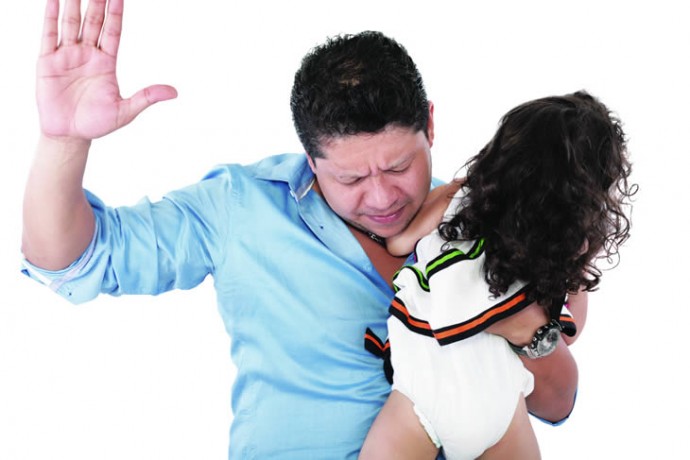
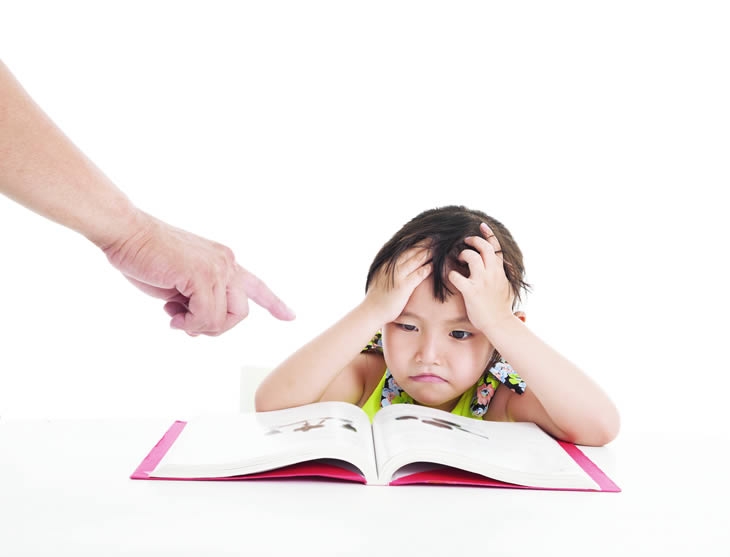

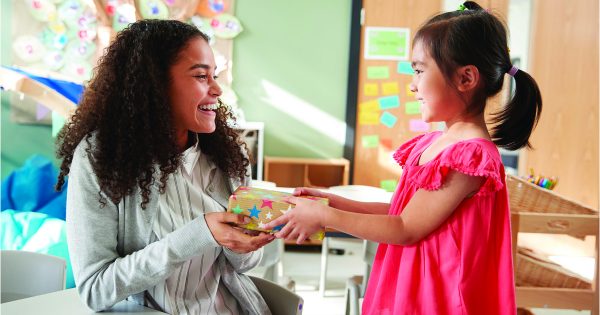

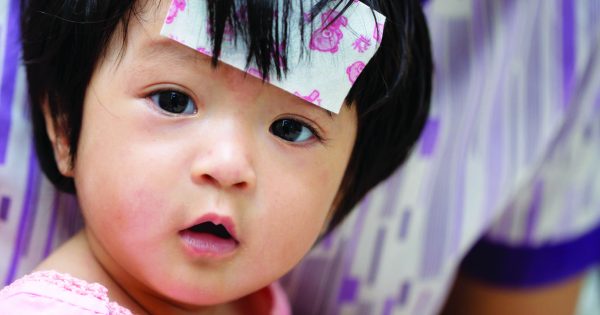
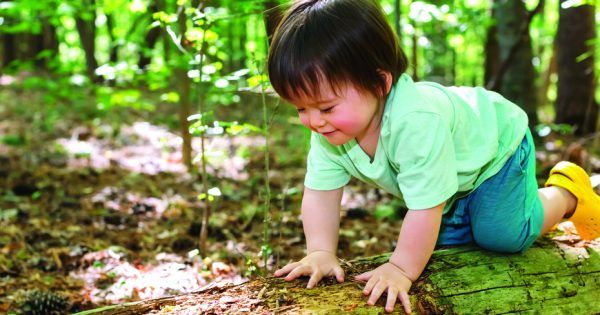
Comments